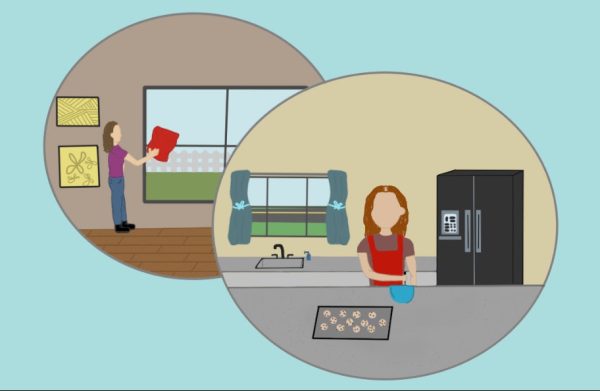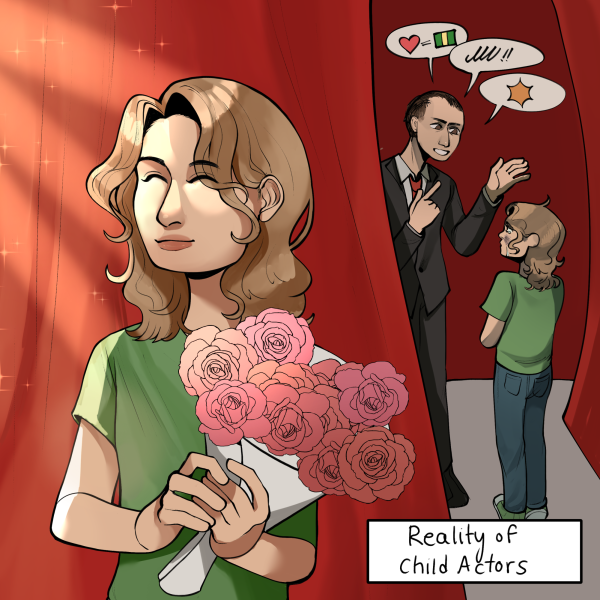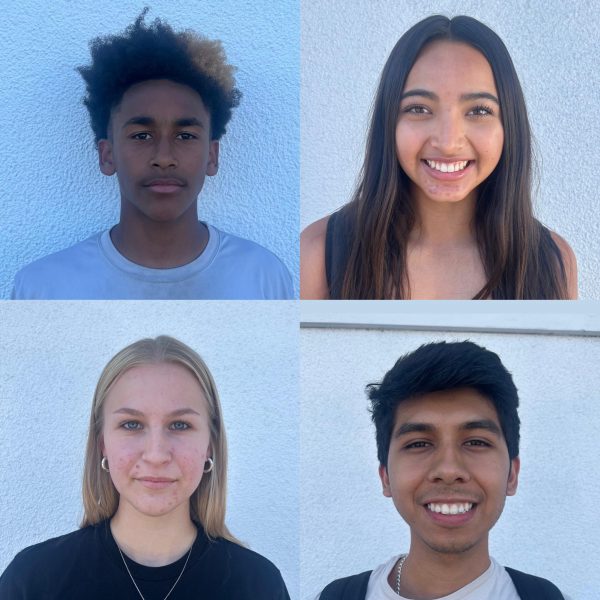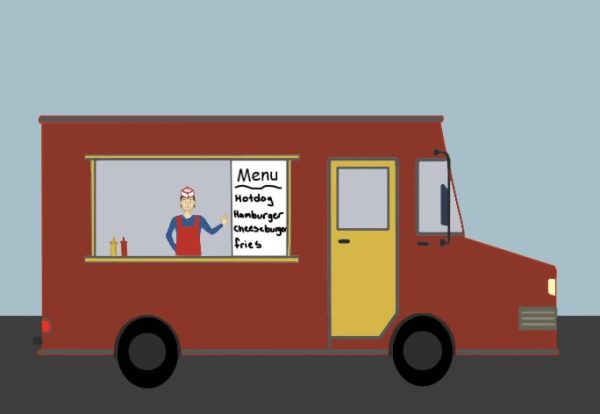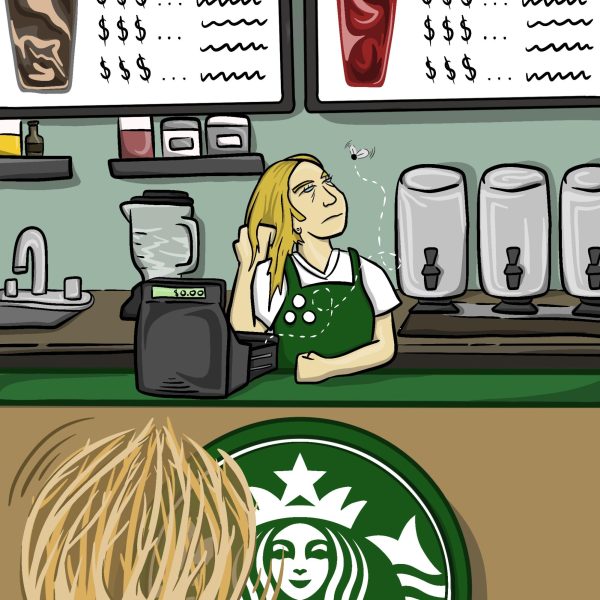Fenty or frenzy
Exploitation of performers at the NFL Super Bowl
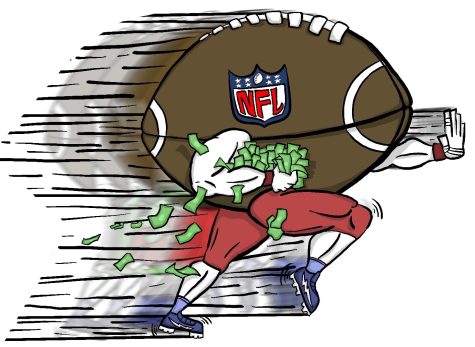
On Feb. 12 an estimated 113.06 million viewers tuned in to watch the National Football League (NFL) Super Bowl LVII (57). While the game attracted millions of football fans eager to see who wins the Super Bowl, a lot of the excitement surrounding the game was in regard to the halftime show. This year the show was a 13-minute-long performance by Pop and R&B singer Rihanna including 12 of her greatest hits and 80 backup dancers. The performance was met with great praise but led to backlash against the NFL for not directly paying Rihanna.
It would make sense that the NFL would be willing to pay top dollar for award-winning artists to headline their halftime show; the NFL has historically indirectly paid their Super Bowl performers. Instead, compensation comes in the form of covering full production costs, publicity, and payment through the union. When considering this, it only makes sense that performers like Rihanna do not get directly paid by the NFL but receive their earnings in other forms.
The NFL does not directly pay performers, however this does not mean they don’t receive any payment. The NFL has to pay “union scale”, an amount dictated by the Screen Actors Guild (SAG-AFTRA), according to Insider news. The funds go to the union, which then distributes them to performers. This disproves the false notion that Super Bowl performers do not receive any earnings if the NFL does not directly give them a paycheck.
In a 2016 interview with Forbes magazine NFL spokesperson Joanna Hunter was questioned about the performers’ lack of direct payment from the NFL to which Hunter explained that the NFL covers production costs instead of directly paying performers. Covering halftime show production costs is not cheap. While the exact number of Rihanna’s halftime show is not yet reported, Super Bowl halftime shows can cost up to 10 million dollars according to the Columbia Broadcasting System (CBS) television network.
Covering production costs means that the artists are able to receive the benefits of live event performances without paying the expenses, a compensation worth the work artists put into the performance. One of these benefits is receiving publicity, as shown by Rihanna’s performance. During her performance, Rihanna used the broadcast as an opportunity to promote her makeup brand, Fenty Beauty, touching up her makeup with the Fenty Beauty Invisimatte Instant Setting Powder.
Publicity gained from the Super Bowl halftime show translates into financial gains for the performer. Fashion analytics company Launchmetrics reports that Rihanna earned $5.6 million in Media Impact Value (MIV) for her makeup brand Fenty Beauty in the first 12 hours after the performance, another clear financial gain from the artist’s performance.
Criticism of the NFL not directly paying their headlining artists is not warranted considering the numerous other benefits performers receive. However, it does contribute to a valuable conversation about underpaying musicians.
Musicians have been historically underpaid for their work. Law firm Schwartz and Ponterio reports that most reputable labels only give about 20 percent of the revenues from royalties to the artist. Music royalties are the payments made to rights holders, including songwriters and recording artists, for the licensed use of their work. This is a huge disservice to musicians since artists earn as little as $0.0033 per Spotify stream according to Business Insider.
Considering the history of musicians being underpaid for their services, it is important to recognize when an artist is being exploited by major companies for their work in performances. However, in the case of the Super Bowl halftime show viewers can rest easy knowing performers like Rihanna are being fairly compensated in the form of publicity, production cost, and payment through the union.

I am a sophmore at Bonita Vista High and this is my second year on staff for the Crusader. This year I am an Arts and Culture Editor and was previously...

I am a senior at Bonita Vista High (BVH) and a Sports Editor for the Crusader. I joined staff in the second semester of last year on a whim and became...



